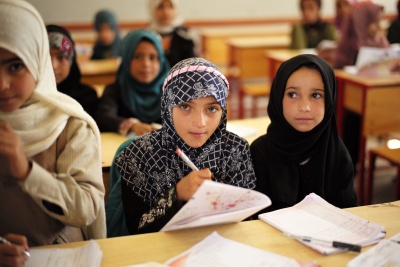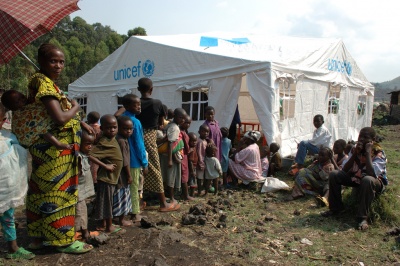Activities and Assessment Tasks
Module 1: About the UN - Online Quiz worth 20%
- Week 1: Background and History of the UN (Structure of the UN video and readings, Setting up your Personal Learning Environment)
- Week 2: The UN today (Introduction to International Relations Theory, post notes and thoughts to blog)
- Week 3: UN Reform (Reflections on limitations of what UN can achieve, relate to International relations theory in practice)
Module 2: Doing Country Research - Position paper worth 40%
- Week 4: Country Research (What is it, and why is it important. What issues are current today? BLog and tweet your thoughts.)
- Week 5: Briefing Paper (Pick a topic and write a Briefing paper. Publish to blog and tweet to share with peers. Review peers' papers.)
- Week 6: Position Paper (Refine and condense this into a Position paper. Publish to blog and tweet to share with peers. Review peers' papers.)
Module 3: Diplomacy and Negotiations - blog contributions count towards reflective journal 20%
- Week 7: Diplomacy (online video and audio case studies)
- Week 8: Negotiations (online video and audio case studies)
Module 4: Model United Nations eSimulation and Debrief - participation and reflective journal 20%
- Week 9: Opening the Debate (present your position paper on the proposal and consider the position of the other delegates)
- Week 10: Substantive debate (negotiate amendments to the proposal, consider alliances, which additions/deletions do you support?)
- Week 11: Substantive debate (negotiate amendments to the proposal, whose amendments will you endorse?)
- Week 12: Finale debate and Online vote (working across countries to decide on the wording of the final resolution)
- Week 13: Debrief (Reflective journal for both F2F and online students: reflect on both face-to face and online interactions, with all postings in appendix)

